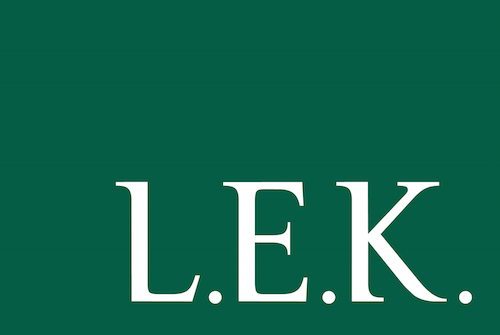Skift Take
High-end travel and hospitality brands must adapt to evolving luxury consumer psychographics to provide personalized experiences aligned with the whims of today’s upscale travelers.
This sponsored content was created in collaboration with a Skift partner.
SkiftX recently hosted a webinar with L.E.K. Consulting to discuss key insights and trends from a recent study of more than 2,000 travelers on global luxury travel. To download a recording of the webinar, click the button below and submit your information.
The definition of “luxury” has evolved and the global luxury consumer segment is more bifurcated than ever before. Today, the modern luxury travel marketplace encompasses true elite luxury travelers in the traditional mold, aspirational luxury travelers who embrace high-end experiences with a degree of cautious spending, and selective luxury travelers who dip their toes occasionally. Attentive, anticipatory service and high-end amenities are still in demand and in vogue for all levels.
That said, opulence has been disavowed by many consumers across the globe. The classic luxury of yesterday, celebrating over-indulgence and obsequious service and ostentatious environments, is unlikely to resonate across next-generation travelers.
There are nuances differentiating the new luxury segments. Elites tend to be more escapist and experience-oriented, while aspirationals are more pampered/service-oriented. However, the demand for comfort and seamless user experience are the new luxury imperatives for all groups.
Personalization is another new constant for everyone, where luxury travelers can customize their end-to-end travel journey based on their specific motivations for each individual trip. Continually delivering on that is proving to be the primary challenge for luxury brands moving into 2018.
According to the L.E.K. 2017 Luxury Travel Study, a survey of more than 2,000 U.S. travelers, luxury for many consumers is less about the highest level of service and more about a particular type of experience. What constitutes that experience depends on the individual. But one thing seems clear: consumers are willing to spend generously on those aspects of luxury that matter to them the most.
Watch as Dan McKone and Alan Lewis, Managing Directors at L.E.K. Consulting share key insights from this new study. Highlights include:
● The meaning of modern luxury travel is increasingly personal
● Understanding the bifurcated luxury consumer segment
● Modern luxury travel is accessible
● Brands are still important, but what they signal is shifting
The new consumer perception of luxury travel is unlocking tremendous opportunities for brands not traditionally associated with across-the-board “luxury,” while creating the potential for disruption of established luxury travel brands.
This content was created collaboratively by L.E.K. Consulting and Skift’s branded content studio, SkiftX.
Have a confidential tip for Skift? Get in touch

